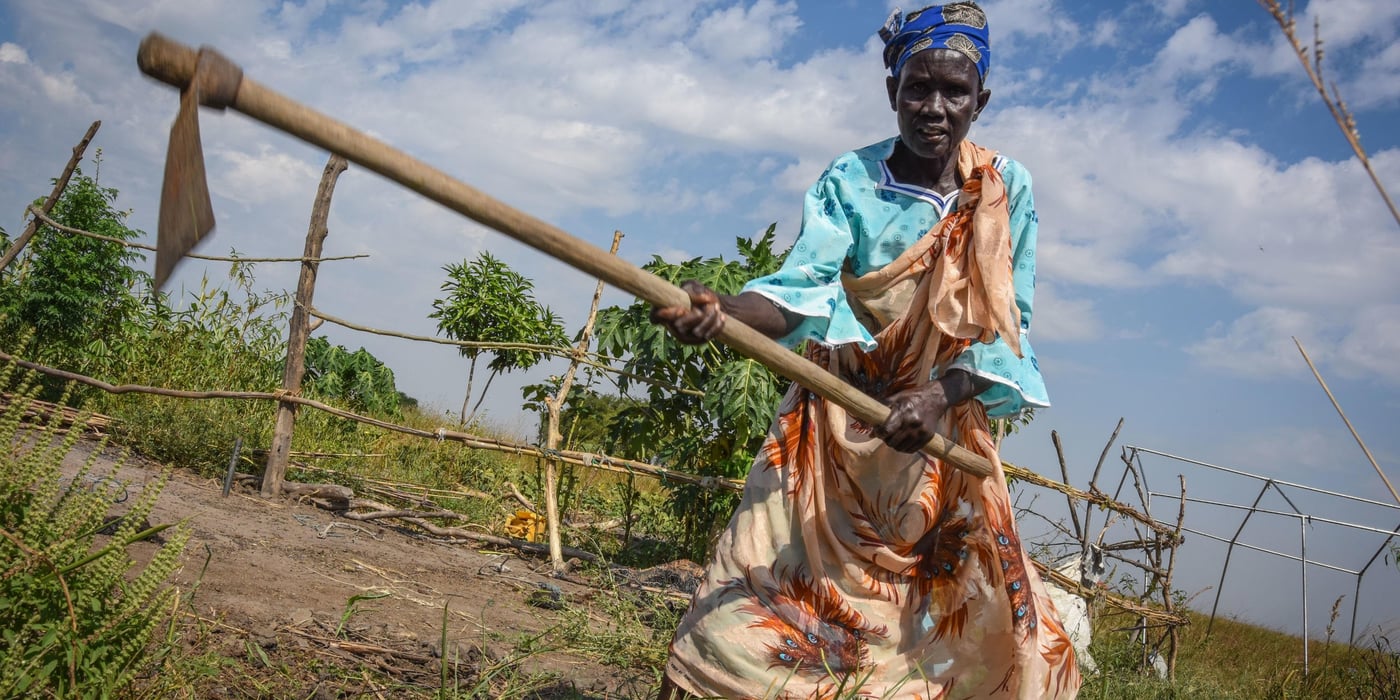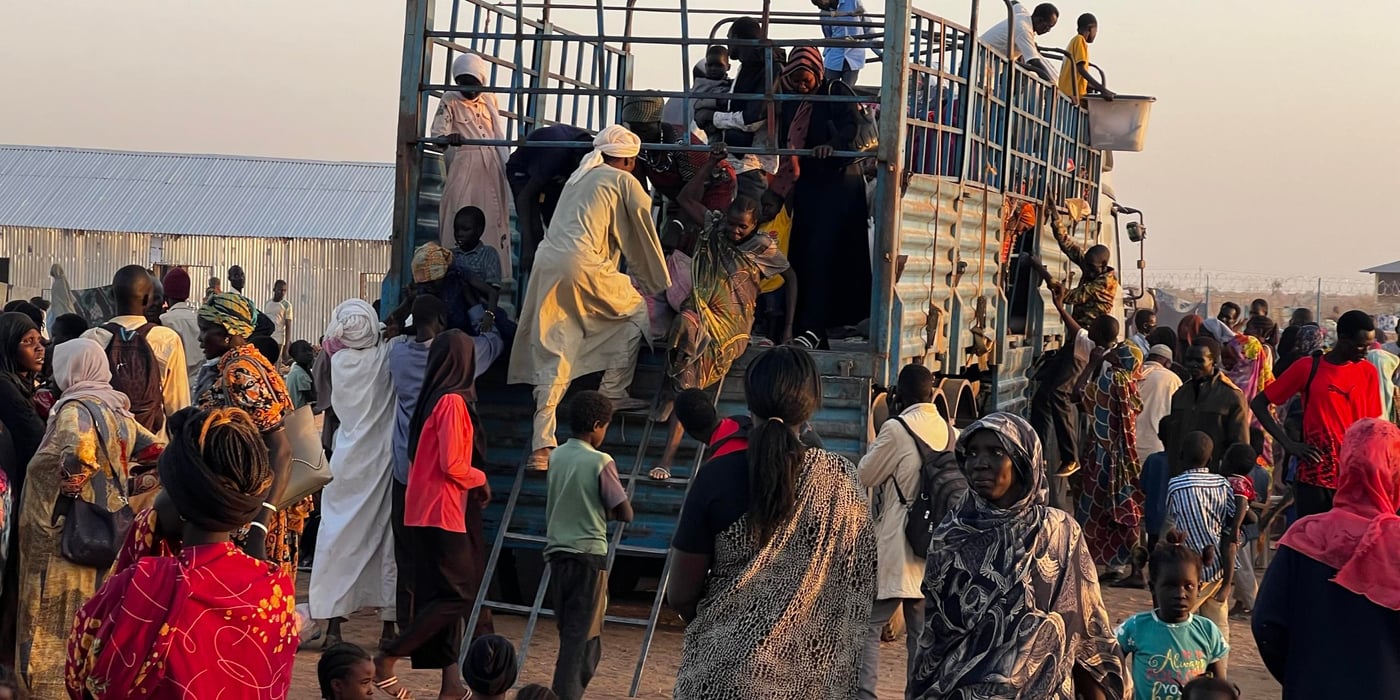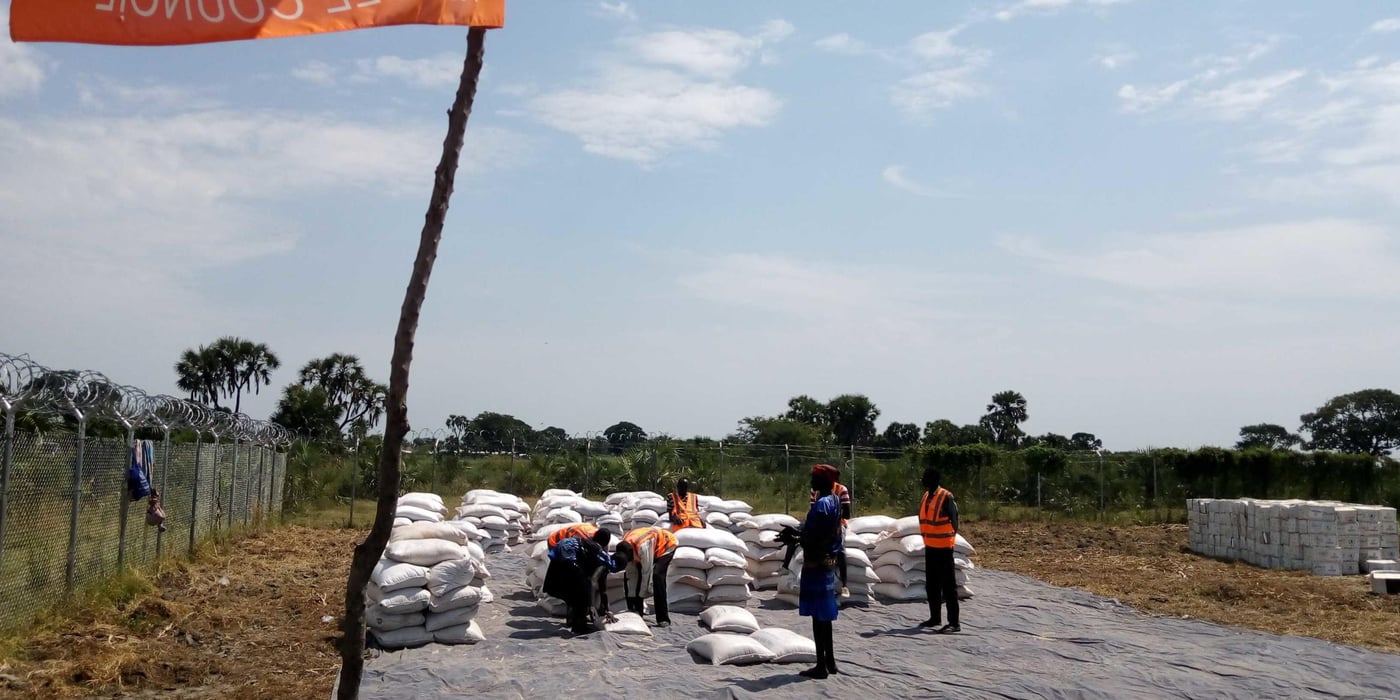
“People fought hard for independence in 2011 and now they are fighting hard to keep starvation at bay. Emergency measures must be taken to prevent the country from plunging back into a catastrophic food crisis to the levels we saw in 2017,” said Alexander Davey, Country Director for NRC in South Sudan.
Years of conflict, which saw millions of people uprooted from their homes, food crops destroyed and markets disrupted, has contributed to the man-made food crisis currently gripping the world´s youngest nation.
As the country prepares to celebrate its independence next Tuesday (July 9), almost seven million people, more than half the population, are facing acute levels of conflict-related hunger with 860,000 children likely to suffer from malnutrition.
Up to 21,000 people living in counties; Cueibet (former Lakes State), Canal/Pigi (former Jonglei State) and Panyikang (former Upper Nile State) are at risk of famine according to the latest IPC figures. Famine was declared in parts of South Sudan by the UN during the last food crisis in 2017.
An estimated 1.9 million people are currently displaced in South Sudan (OCHA) with 2.3 million people living as refugees in neighbouring countries like Ethiopia and Uganda (UNHCR).
Davey added: “We are concerned by the number of displaced people living in affected areas with virtually no access to humanitarian assistance. While aid will ease suffering short-term, we are urging all parties to the conflict to make the most of the peace agreement extension and work tirelessly over the coming months for the people and for peace. South Sudan urgently needs an end to this persistent cycle of hunger and conflict.”



